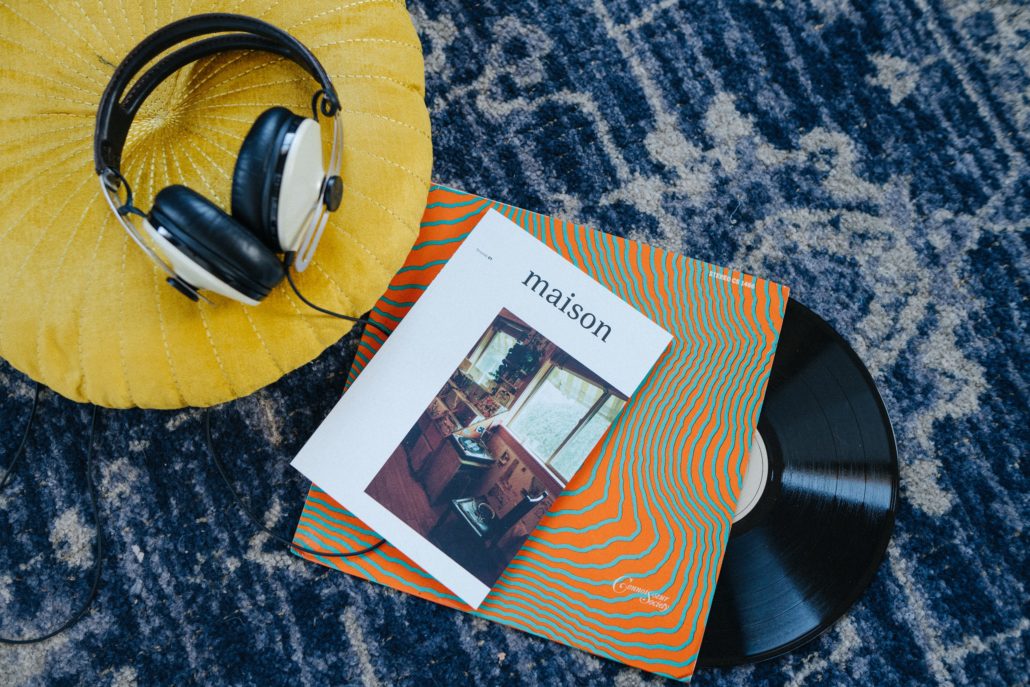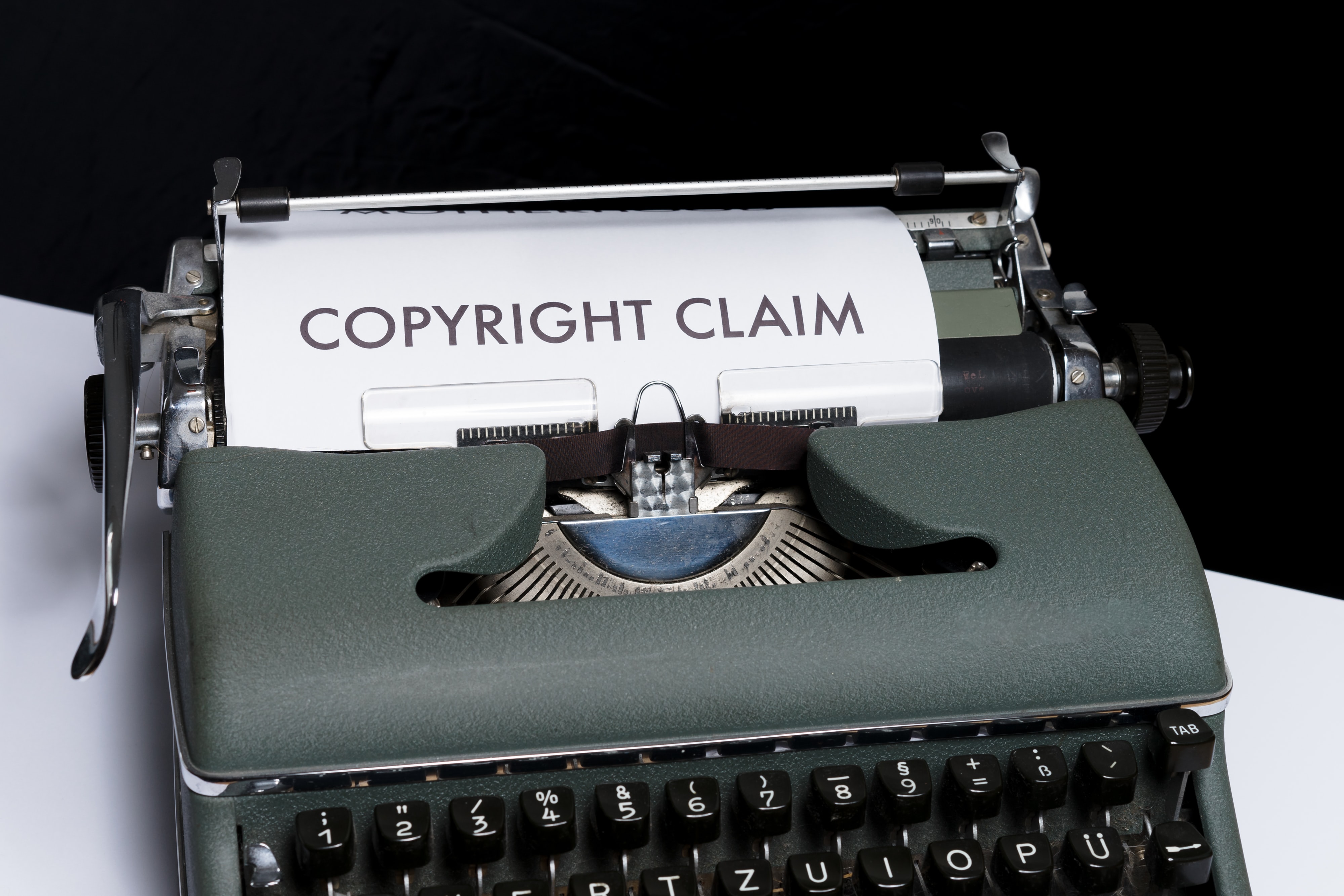Chris Bates Talks About How the Music Modernization Act Benefits Creators
Senior Vice President of Legal and Business Affairs at the National Music Publishers Association (NMPA), Chris Bates, was no newbie to the world of copyright law as he helped lead the passage of the Music Modernization Act (MMA). Previously working at the Department of Justice in the Civil and Trust Division as Senior Counsel to the Assistant Attorney General, Bates managed litigation and argued cases in over a dozen courts across the country. Prior to this, Bates was Chief Counsel to Senator Orrin G. Hatch on the Senate Judiciary Committee. Here Bates helped lead the introduction and passage of several landmark pieces of legislation in the fields of intellectual privacy, data privacy, and criminal law. This is also where he first got involved with copyright and music licensing issues.

How Did Music Publishing Do In 2020?
2020 was a strong year: music publishing made over $4 billion in revenue, which was an increase of 10% from 2019. However, 2020’s numbers didn’t reflect the impacts of COVID-19 because of the slight delay in revenue figures in publishing. Because of this, we might see COVID’s impact reflected in the numbers in 2021.
How Revenues Breakdown By Right Or License
Performance makes up slightly over half of the revenue, sync is a bit less than a quarter of the revenue, mechanical is 20%, and miscellaneous (lyrics, print sheets) is roughly 5%. Over the last year, there has been growth in mechanical revenue in particular— partially due to the MMA and some changes that the bill set in motion.
The MLC began to issue blanket licenses to digital service providers in January of this year, while in February they announced that they had received $424 million in unmatched royalties from over 20 digital service providers (DSPs) under the MMA. The MLC received the company data for those royalties in June, and they now have a portal working on matching and distributing that money.
Proceedings Before The Copyright Royalty Board
Every five years, there are rate-setting proceedings before the Copyright Royalty Board for mechanical royalties. These proceedings are also known as Phonorecords. The next rate-setting proceedings, or Phonorecords IV, will be from 2023-2027. In the Phonorecords III proceeding which is still closing out, a significant rate increase of 44% of overall revenue was won. Unfortunately, DSPs appealed for the termination of that win; they were not happy that they had to pay more rates to creators on streaming services, so they remanded the board’s decision. Both sides have submitted their griefs about this decision, and the NMPA has urged the board to keep in place the rates it previously issued. A decision is to come, but it is up to the Copyright Royalty Board whether or not they are going to ask for a hearing, how long it will take them to deliberate, and any other factors that may go into making this decision.
In the meantime, they are in the early stages of Phonorecords IV working out document productions with DSPs, writing direct statements, and preparing initial cases. Both sides are working on which rates they should propose to the board, which are due sometime in the fall.
Hopefully, the creator community will benefit as a result of the MMA in this case. For example, Phonorecords IV will be taking place under a different standard than Phonorecords III because of the MMA. In Phonorecords III the 801(b) factor was used, which was much less of a free market approach as the judges tried to balance competing interests. When the board would apply the 801(b) factor, it would reduce what would have been a free market rate. The MMA has moved it to a willing buyer willing seller standard. This is more of a free market standard, exemplifying what a willing buyer willing seller would pay in the free market, likely resulting in higher and fairer rates for creators.
So far there has been great success from the MMA. Hopefully, we’ll continue to see more benefits for the publishing and songwriting community going forward.

Recent Legislative Developments: Passage Of The CASE Act
This past year the Copyright Alternative and Small Claims Enforcement Act, or the CASE Act, was passed as part of the recent Consolidated Appropriations Bill. This bill creates a small claims tribunal within the Copyright Office. Why is this important you might ask? Well, litigating in federal court and paying for lawyers can become extremely expensive and time-consuming. Oftentimes people will realize that there’s been an infringement, but they don’t think they can do anything about it because it doesn’t make sense for them to lose more money litigating the case than they’d recoup if they won the case.
The idea for the CASE Act is if you have a small copyright claim worth $30,000 or less, you can easily file your claim with the board, have them review it, and then serve your claim to whomever you think infringed. They would then have 60 days to opt out; if they don’t opt out, then the case proceeds before the claims board. All are carried out over video call, there is also no in-person appearance or appearance for depositions required. This makes it a much cheaper, faster process.
In order to file a suit against damages in court, you must have an approved registration. But, this is not necessary in these cases. You can begin the claims process before the registration is approved, further streamlining the process.
Possible Upcoming Reforms To The Digital Millennium Copyright Act (DMCA)
The Digital Millennium Copyright Act (DMCA) is an extremely important copyright bill; it governs how copyright enforcement operates now in the digital age. Currently under the DMCA is the takedown regime. With the takedown regime, you find infringements on a website, then send a takedown notice to that website asking them to remove the material, also giving the person who posted it a chance to submit a counter-notice. If the person who posted the infringement says that they have a license or claims that it was legal for them to post it, then the website puts it back up—unless the person who posted it wants to go to court.
Since the DMCA was passed in 1998, a lot has changed over the past 20 years. Now as a creator in the digital age, it’s very hard to track all the uses and infringements of your work. Because of this, there has been talk in Congress to reform the DMCA. In December Senator Thom Tillis of North Carolina, now a ranking member of the Subcommittee on Intellectual Property, released a discussion draft of potential reforms to the DMCA:
- The DMCA currently has safe harbors that protect them from liability. Ultimately, when a website hosts or stores content that has been posted for users, the website operator or service provider isn’t liable for copyright infringement if they meet certain conditions:
- If they don’t have actual knowledge of infringement
- If they aren’t aware of facts or circumstances from which infringing material is apparent
A challenge that content creators have faced with this is that courts have taken a generous approach and interpretation of what it means to be aware of what the person should be aware of. This is called red flag knowledge. The reform to the bill would say that if the website operator doesn’t have actual knowledge but has been willfully blind—as in they’ve done everything to shield themselves from discovering copyright infringement on the site—then this removes them from the safe harbor and they can be subject to copyright liability.
- In addition to keeping the takedown regime, the discussion draft talks about adding a staydown regime. With this addition, the website would have to make sure the infringing material would stay off the website. After all, you can send out as many takedown notices as possible, but it’s not effective unless the infringing material stays off the website.
- The discussion draft would highlight requiring website operators to create a webform for takedown notices. As takedown notices can be an onerous process, this webform would streamline the process of submitting takedown notices. You would go online, fill out the webform, send the takedown notices, and send the representative list of works on the site that you believe are infringing. This would make it much easier for content owners to get infringing works taken down.
What Is The National Music Publishers Association (NMPA) And What Do They Do?
The National Music Publisher Association (NMPA) is a trade association founded in 1917 that represents music publishers and their songwriting partners in a mission to promote and advance the interests of music creators in legislative litigations and regulatory arenas. For example, the NMPA was involved with the legislation of the MMA, helping to get that law passed.
The NMPA has a variety of roles, from directly litigating themselves—primarily representing music publishers’ interests in royalty-setting proceedings before the Copyright Royalty Board—to putting together and facilitating litigation for copyright infringement. They also do a lot of work with the copyright office in terms of presenting the views on subjects of interest to the music community, like regulations they’re considering, international consideration, and letting them know members’ priorities going forward.

